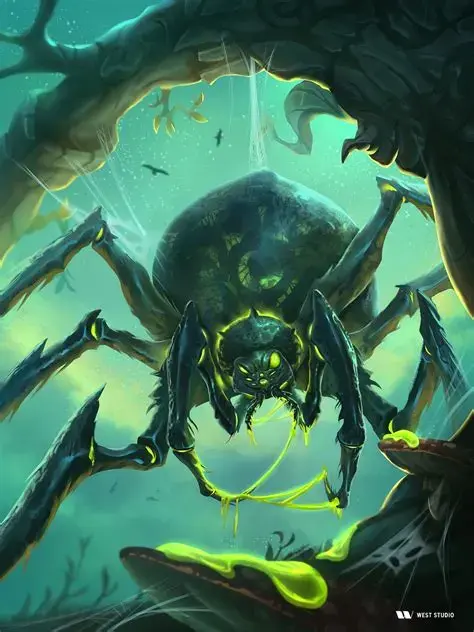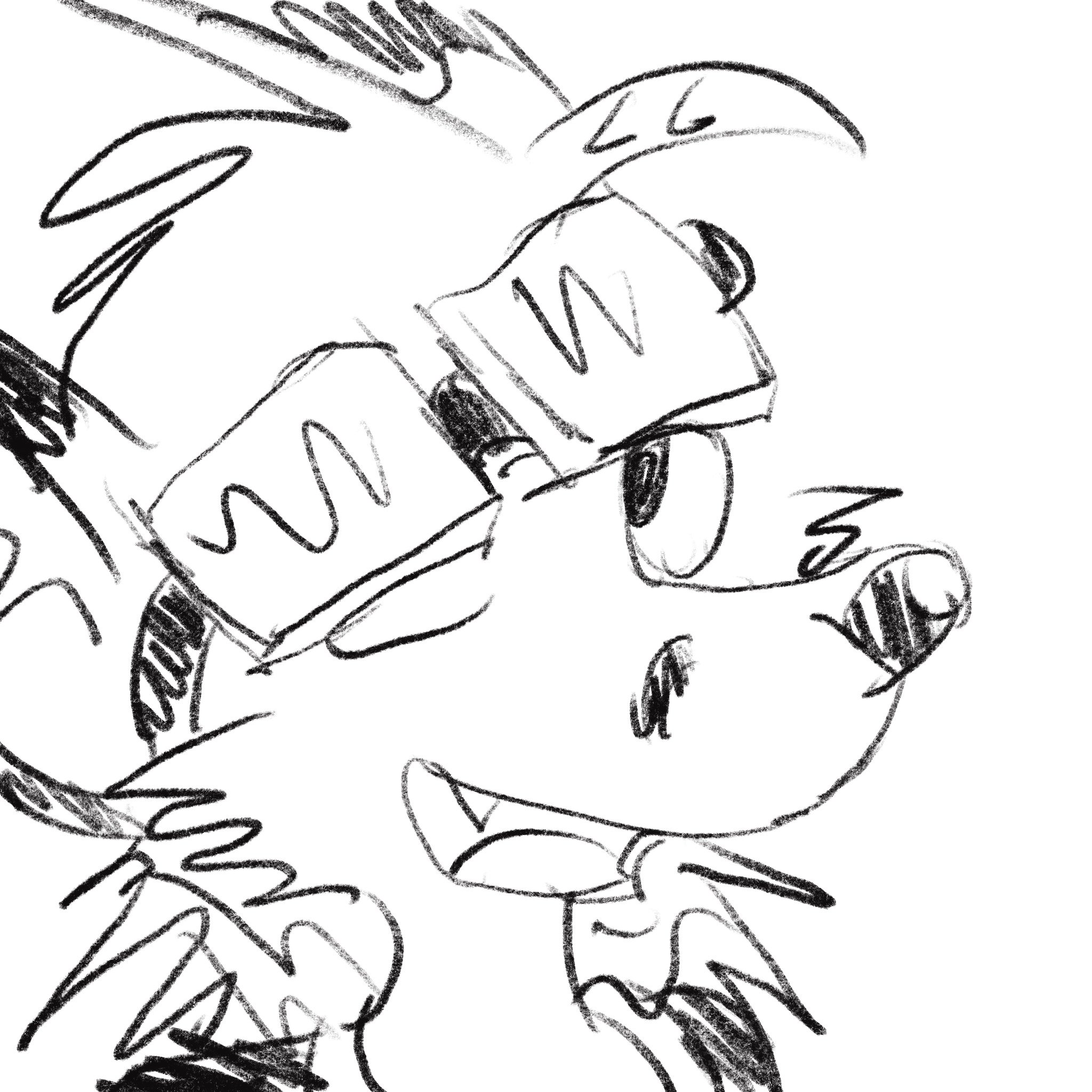I’ve heard arguments for both sides and i think it’s more complicated then simply yes or no. what do you guys think?
Absolutely not. AI images can be mass-produced and two people using the same seed will be able to create the same image. If they’re copyrightable nothing would be stopping a company from making millions of images a day and copyright trolling anyone who tries to use them.
There’s also a lot of other issues like image AIs being trained on real copyrighted data, so nothing stops me from saying “Hey, generate an image of Kirby”. It’s hard to argue that you own that image when it clearly depicts something that isn’t yours.
Only if the AI is sentient and created the image of its own free will and creativity. Otherwise no.
If the AI created an image with its own free will, it still wouldn’t be copyrightable. Only works created by a human can be copyrighted.
That wasn’t the question.
Whether works generated by non-human intelligence can be copyrighted is an unsettled question of law with conflicting rulings in different courts.
“Should AI art be copyrightable?” Is the wrong question. AI is a tool for people to make things. You might as well ask “Should art made in Photoshop be copyrightable?” When you put the two questions side by side, it becomes obvious that yes is the only logical general answer, but the more important thing is the actual process. I can make a drawing of Mario in Photoshop, but I don’t own the copyright for Mario. Meanwhile, I can make a unique logo in Photoshop and I can own the copyright. Simply saying “made with AI” isn’t sufficient for describing the process. For AI, copyrights in their source material and originality of the final product are complicated topics, so the only real solution is that the outputs of an AI will need to be handled on a case by case basis.
I don’t think AI art should be copyrighted. Copyright is for human creation. The phrase that human generated should be copyright protected (if its unique enough) but not the generated image.
It’s the same argument to Scott’s bear video is public domain, because a bear clicked shutter button, even though camera belonged to tom scott.
It’ls less like a bear and more like a camera that that can navigate the multidimensional latent space filled with concepts that can give rise to novel art. In the real world you can up, down, left, right, in or out, but in a latent space not only can you go those places, you can go to where Muppets meets impasto.
There’s also a spectrum depending on what tool you’re using and your level of involvement, but most people tend to assume and lump everything together into the same category. I know with web based interfaces wit can be slow and cumbersome to iterate, but with open source models based on Stable Diffusion you get a lot of freedom. That’s mostly what I base my knowledge off.



Here are some videos of what I mean:
https://youtu.be/-JQDtzSaAuA?t=97
https://www.youtube.com/watch?v=HtbEuERXSqk
As long as there’s a human to set parameters, iterate, correct, generate, and evaluate, I don’t think there’s any question as to who made it. Just like an image from nature doesn’t need to be a creator, only someone there to capture it.
Here is an alternative Piped link(s):
https://piped.video/-JQDtzSaAuA?t=97
https://piped.video/1d_jns4W1cM
https://www.piped.video/watch?v=HtbEuERXSqk
Piped is a privacy-respecting open-source alternative frontend to YouTube.
I’m open-source; check me out at GitHub.
No, because creativity is not AI’s strong suit. What AIs “create” is almost always based on something a human being made first.
And corporations will absolutely abuse this copyright law to steal content and revenue from actual, creative people.
No. It’s too exploitable to be a ‘yes’. Our justice system has proven to be incapable of handling nuance and has a track record of ruling for the already advantaged.
No.
If you were to copyright AI art who would the credit go to? The original artists the training was based on? The person who created the training model? The person who writes the prompt? The computer itself? I don’t think copyright makes sense in this context
Judges have ruled that they can’t be copyrighted because of this lack of a true author, and I agree.
Fairly sure that was a case where the guy wanted to give the copyright to the ai algorithm itself and not about the copyrightability of the art. Specifically, he wanted them to be copyrighted as “as a work-for-hire to the owner of the Creativity Machine” - creativity machine is the name of the algorithm. Basically just a modern version of the monkey selfie kerfuffle.
I’m pretty sure in the US this is already answered as “no”. The reason is - non-persons in the legal sense cannot hold copyrights at all. This was tested with photographs I think taken by a monkey and maybe a bear. The AI isn’t a legal person, so cannot have copyright.
That’s not to say humans can’t take an AI image, and manipulate it / clean it up / etc and have copyright in the final result if they do a minor level of touching up or more.
Of course, I find the idea of copyright and IP rights in general as usually expressed pretty insane anyway. The AI “conundrum” is just another point showing how nonsensical IP laws are when you actually think about them and the supposed things they’re meant to accomplish.
Why do you think it’s more complicated than a yes or no?
Some AI generated images can require a lot of tweaking to get a final result. For example, someone might have a workflow that involves generating several images, then picking one as a base. They then take that base, and use img2img to rework certain parts to suit a vision before applying a set of post-processing effects in a traditional editor.
Or, they generate an image and use it as a base for some sort of more traditional art, or use AI generated elements in a work that is otherwise drawn traditionally.
There’s a lot of grey where I think just dismissing any creative vision is doing disrespect to the person that wanted to make something out of that vision, and put in a good amount of work outside just proompting and taking the first image that looked okay.
If you use that approach there is no way left to claim that current AI models aren’t a huge copyright infringement on the data they were trained on. Because the biggest argument for why AI is supposedly not copyright infringing it’s training data, is because it’s generated images aren’t direct copies of the works if was trained upon.
But if you start arguing the idea behind a image or the vision is somehow copyrightable than all AI models are illegal. Since they definitely work by using the ideas and visions of artists.
I’m not talking strictly about ideas, I’m talking about a human having a vision, and taking action to make that vision into something. Whether something is copyrightable requires a “human element,” which is the reasoning behind why machine or animal generated content cannot be copyrighted, because they lack that.
So the question is if someone tweaking an image, even if they’re merely selecting things, then is that a sufficient human element to say that a person had enough hand in creating it?
As they other guy mentioned, there’s a lot more work involved in creating good ai generated images besides just entering some text.
It’s more akin to using a graphics tool like Photoshop, blender, or even like music production with sampled sounds.
While you can just get an image without much work, the really good ones have a lot more work and creativity behind them.
The situation today is that AI images are copyrighted (or not) just like any other images.
Given the power of the copyright industry, I doubt that this will be cut back. In the interest of society, it should be, but denying copyright to AI imagery is not the best place to do this.
The original intention of copyright was the same as that of patents: To encourage the creation of new works by making it possible to monetize them through licensing. AI images can be very expensive to make, depending on what goes into them. Without copyright on these images, we might miss out.
ETA: This purpose of copyright is given in the US Constitution (though it is older). US Americans could think about that. IP is property created to serve the public. That’s the only justification for property to be found in that document.
The original intention of copyright was the same as that of patents: To encourage the creation of new works by making it possible to monetize them through licensing
Not that it really changes much of your larger point, but that’s not really true. The original intention of copyright comes from the Licensing of the Press Act 1662 and the Statute of Anne 1710 and neither of those was intended to encourage the creation of new works. On the contrary, they were intended to discourage the creation of new works. The problem at the time is that people were printing too many new works, many of which were considered a threat to the monarchy and/or the church. Copyright forced all printers to be registered with the Stationers’ Company initially (a crown-monitored guild) and later the crown itself, to aid in censorship and government control of the press.
The Statute of Anne 1710 gives this justification: […]for the Encouragement of Learned Men to Compose and Write useful Books.
There are many precursors, but I don’t think they can be called copyright in the modern sense. All guilds had monopolies which they defended at the expense of society. It was a feature of feudalism that the elites sought to prevent change to preserve their positions.
But yes, copyright is the major remaining limitation on the freedom of the (printing) press.
(It’s interesting how many of the demands to regulate AI are parallel to the controls on the printing press, in the first few centuries after its introduction in Europe.)
I don’t see why it is complicated. It should not be copyrightable because ideas aren’t copyrightable.
Otherwise you definitely have to start fresh with AI and build new ones which somehow aren’t trained on the pictures produced by artists.
Because if you copyright the idea behind an image, than definitely all AI produced images are infringing on the copyright of the art they used for training.
It’s absurd to give a copyright to a result of simple text2image, only the app itself can have a copyright. The only case of a AI content which can have a copyright is, when an artist use it in several processes as an tool for his work, for example in things like this, which can’t be done with a simple text input, but a long work with several different AI apps and tools.
Different take: If I generate an image through a random number generator, should this be copyrightable?
My thought on that is if you generate multiple images through a random number generator and find one that’s interesting or aesthetically pleasing, then you are the creator since selecting it, while low effort, is the creative process.
Sounds good to me. So AI generated image should also be copyrightable. As it’s basically a random number generator.
Essentially yes, I would give the person using AI to generate an original image the credit as the image’s creator. I’m willing to bet that anything “good” AI generates is a result of many attempts and refinements and a human selecting the best result, and to me that makes it a human-driven creative process using a tool, the same as using a random number generator.
I’m deliberately not saying “copyrightable” because I don’t personally believe that digital files should be copyrightable (since recognising a copyright of a number is insanity), but it should be copyrightable in a society that recognises number copyrights.
Yeah, basically if you used one of these generators to create an image, you are the creator.
they will be













